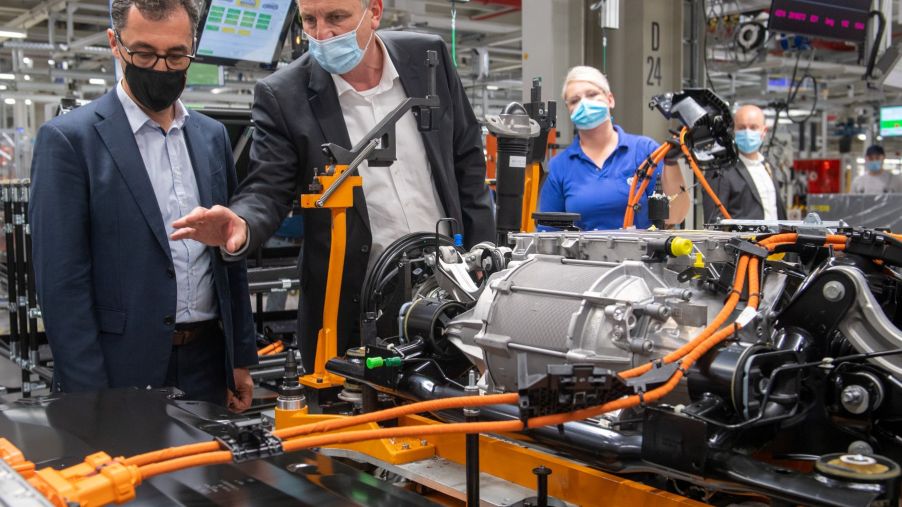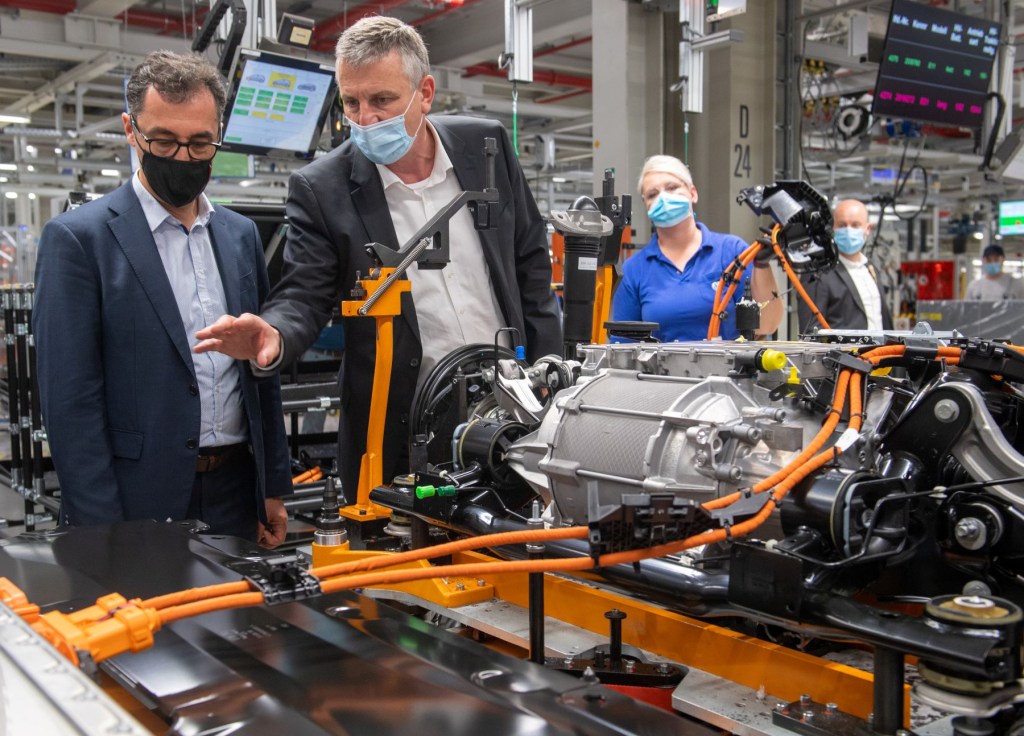
Toyota, GM, Ford, and VW Reportedly Admitted That Production Will Be Devastated Due to the Chip Shortage
Cars are complex machines, and one of their most important parts is the semiconductor chips that sit inside the car. However, as many folks know, the chip shortage has caused huge impacts in the car industry, and it may be a while before things recover, making car shopping more difficult and expensive. Indeed, the world’s largest automakers are taking extreme measures and extreme financial losses to deal with the chip shortage.
How the chip shortage is affecting the industry

The chip shortage has affected many automakers, but a few managed to escape relatively unscathed. However, affected automakers have had to make some tough choices. Many automakers are simply choosing to delay production. For example, the Ford Bronco has been wracked by delays for one reason or another, and the chip shortage was one of them.
Other automakers are choosing to prioritize some cars over others. This makes sense, as practically every car requires a chip. So, it doesn’t make sense to give an unpopular car chips over a more popular car. Regardless, the chip shortage has caused a shortage of cars being available for sale. As a result, this has caused the available cars, including used models, to increase the price.
Automakers are looking at huge losses
Those measures, overall, have led to losses for automakers, though it’s not known how bad it’ll ultimately get. For example, the chip shortage may ultimately cost automakers $110 billion in lost revenue. Time will tell how close or far away that estimate is to reality. However, if production drops significantly, then automakers will be looking at significant losses. Unfortunately, that seems to be the case.
So far, automakers have prioritized their bigger cars, as those cars tend to make more money. However, as Automotive News reported, the chip shortage is even starting to affect the production lines of those models. For example, earlier in August, General Motors idled or reduced the production of pickup trucks in a few of its plants. This was, of course, because of the chip shortage.
Now, Automotive News said that GM would slow down another plant. This plant builds the Chevy Bolt and Bolt EUV. Additionally, GM will add downtime to its sedan and crossover plants. Ford is doing something similar. The Kansas City assembly plant, which assembles Ford pickup trucks, will be shutting down for a week. The chip shortage isn’t isolated to America, either. Automakers elsewhere are being forced to have huge production cuts.
The big struggle that automakers are facing
As Automotive News said, earlier in the shortage, Toyota had managed to avoid the brunt of the chip shortage. Unfortunately for Toyota and Toyota shoppers, that didn’t last. Toyota is now looking to cut its global output by 40%, including in North America. In fact, in September alone, Toyota expects to cut production of 170,000 cars in North America.
Volkswagen, meanwhile, has also cut production. Its biggest plant, according to Automotive News, will only run for one shift a week. However, VW isn’t just cutting production. VW is also looking at buying chips more directly. This could, in theory, help solve the chip shortage, at least for Volkswagen. However, it’s not clear if that will heavily affect short-term production or if VW will have to wait it out like many automakers are planning to.
Most estimate that the chip shortage should go away by 2022. It takes time to make those chips, and chip makers are slowly fulfilling those orders. It seems likely that automakers will have to cut back production even more soon until then.



